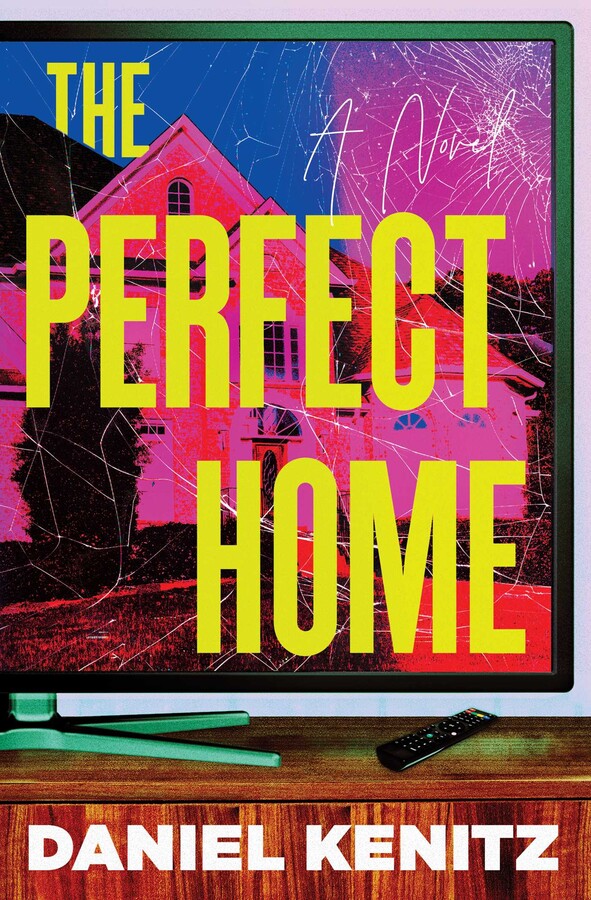Short Stories
“Sunset 9037,” Strangelet Magazine, Volume 4
SUNSET 9036 WAS MOSTLY BLOOD-RED and everyone digested that in their own way. Aunt Gilly stood out in the road and prayed, which had me grateful most of the neighbors had already gone. Mom couldn’t be bothered with sunsets. She wandered out to the Bakers’ farm field, holding her cell phone up to the sky in hope of a clear signal that wouldn’t come. Uncle Fritz sat in a saggy old lawn chair on the porch and eyed the sun with a vague wince that could have been either anger or despair. I snapped a photo of the whole western sky. I’d taken to documenting all of humanity’s remaining sunsets. Photographs of the previous twenty-nine were uploaded to an external hard drive I kept in the old guest room upstairs. Of course there was no real reason to keep them. But once everyone heard about the asteroid, I tallied how many sunsets had passed since I’d been born, leap years and all. That had been the night of Sunset 8948. When this one finally slipped under the pine trees and the sky went purple, I counted, 9036.
Only one left.
A Hand to the Plow
by Daniel Kenitz
No one came to my grandfather’s wake. Deepsicks wasn’t a big place—unincorporated, the county roads screamed, like some sailor’s warning—but even so, I had never been in St. Mark’s when it was empty. Only Grandpa could keep the faithful away, the way he used to set fires in the backyard to keep out mosquitoes. But there was no one at all. No greeter, no minister, no organist. Not even my grandfather’s body. Just candles melted to nubs, giving creamy winks of light.
Seen
Daniel Kenitz
“What if I cheated on you?”
Hattie always came at Tom with wild scenarios: what if you found a prettier girlfriend, what if I cheated on you, what if there’s a nuclear winter and the survival of humanity depends on you hooking up with Barbara Palvin? He’d told her he liked Barbara Palvin once when she was watching the Victoria’s Secret runway show. Once. And she’d asked in the first place. He loved her, all right, but she returned that love like a hug with its claws in your back.
Tickleneck
Esophageal cancer is the worst way to go. Most people my age aren’t even aware of their esophagus—just that we have a system of pipes inside us and all we have to do is make sure air and food pass through the correct ones—until the circuitry of swallowing doesn’t work. My father was sixty when he learned what a hiatal hernia is. It’s when the stomach pokes through the diaphragm and up into the chest, something akin to a kink in the hose. He spat up blood a few times. His stool had gone the color of char. When doctors took a closer look, they found the hernia, sure, but they also found the reason he’d withered off thirty-three pounds from his one-hundred-and-seventy-five. By the time he went into hospice, he was down to one-fifteen. Stage four. Now swallowing his own saliva makes him wince. I shouldn’t make light of anyone else’s suffering; maybe there are worse ways to go. But this man was a New York City firefighter; a single mother trapped on 9/11 still sends him Christmas cards from Great Neck because my father had the muscle to drag her out of ash and steel. And this is how he dies. Like a permanent fixture of furniture, nailed to the ground. I spend many of these mornings the same way, counting wall tiles, tapping jazz rhythms into the linoleum floor, wondering whether there is a single molecule of mercy in the world.
fss
